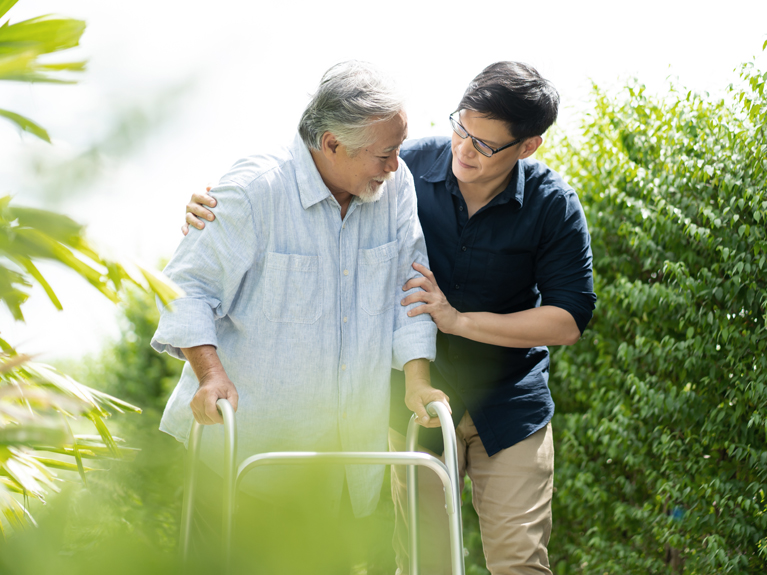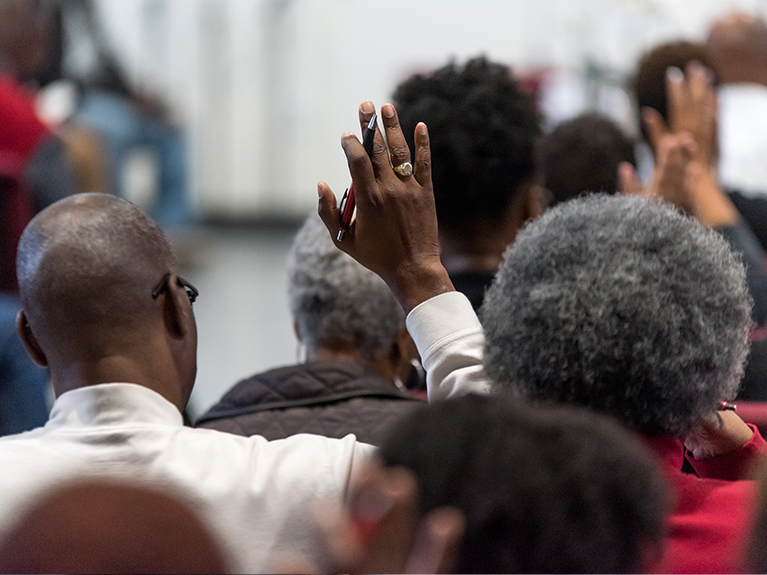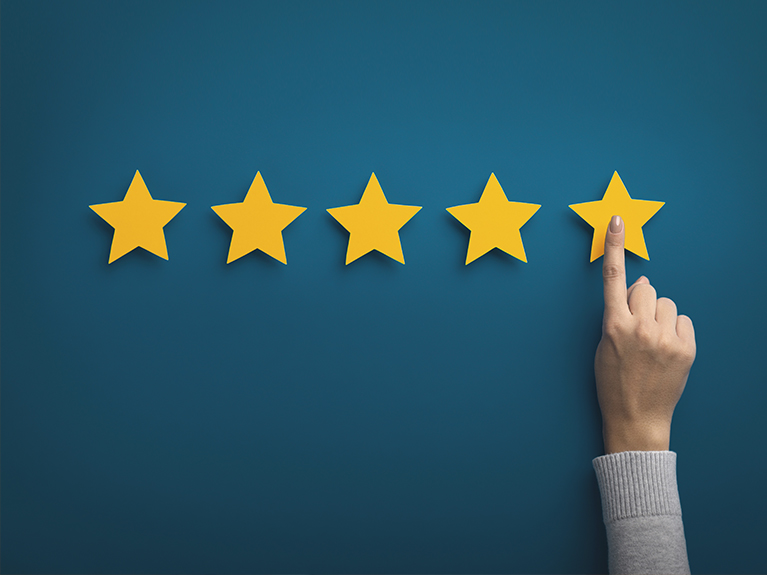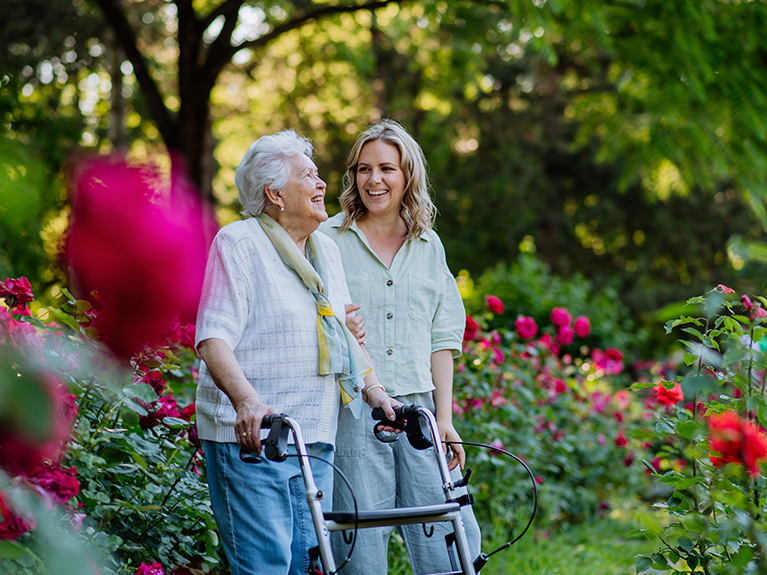C-TAC Caregiver Mixer
“There are only four kinds of people in the world—those who have been caregivers, those who are currently caregivers, those who will be caregivers, and those who will need caregivers.” – former U.S. first lady, Roslyn Carter.
C-TAC hosted a virtual mixer on September 20 focusing on the needs and well-being of caregivers for people with serious illness.
Bill Novelli, co-founder, and co-board chair of C-TAC, opened the mixer by stating, “When you look at the (C-TAC) mission statement, there is no part of it that is more important than caregiving.”
Misha Stallworth from the Ralph C. Wilson, Jr. Foundation, and Cam Cote and Barbara Ann Luttrell from the Rosalynn Carter Institute for Caregivers (RCI) moderated the discussion. Cam, volunteer network manage, led the discussion, outlining RCI’s mission and sharing information about their new grassroots initiative, 4Kinds Network, a community of current and former caregivers from all backgrounds advocating for structural change to our current systems of care and supporting each other along the way. As Cote explained, the initiative leans on the idea that those “closest to the pain need to be closest to the power,” meaning that caregivers should be at the forefront of advocacy and change in the system, so that those structures begin to work for them, rather than against.
Addressing Caregiver Burnout
The attendees represented diverse caregiver support organizations from across the country providing free resources and tools to prevent and address caregiver burnout. For example, Roxana Delgado, professor of health science at the University of Texas Health-San Antonio and is the director of the Caring for the Caregiver, specializes in caregiving for veterans. She shared information on care coordination and workshops for caregivers of Alzheimer’s and dementia patients, including an update on their research on distress and suicidal ideation in military and veteran caregivers. Professor Delgado emphasized the importance of providing resources and tools for caregivers to prioritize their own care, as well as that of their patients or loved ones.
Kristi Horner, founder, and executive director of Courage to Caregivers, shared her firsthand experiences with her family caregiving and emphasized the importance of direct service to support caregivers. To achieve these goals, the organization provides unpaid family caregivers with informal and formal peer support, breathing and meditation classes, and group lessons.
Richard Noah, a clinical social worker with Avow Care Services, explained the importance of connecting caregivers to tailored resources for the disease their patients are facing, such as Alzheimer’s and Parkinson’s diseases. He shared that Avow is beginning to look at CMS’s newly announced GUIDE program for an improved dementia experience for those affected or their unpaid caregivers.
Jill Costello, program manager for Hospice Savannah’s Edel Caregiver Institute, helps caregivers find support and will soon be collaborating with a major dementia education program. Melissa Gaule, lead serious injury specialist at Steward Center for Palliative Care through Hospice Savannah, celebrated the accomplishments of the Center as the only non-profit palliative care program in the Savannah area.
Caregiver Resources
Kathleen Kelly, executive director at Family Caregiver Alliance, shared the organization’s research over the last four years, collected from eleven caregiver centers in California. Findings show that 80% of caregivers in the population pool are caring for individuals with a complex disease. The study includes 18,000 to 20,000 individuals and encompasses diverse geographic locations across the state.
Susan Kerber, business development lead at CaringBridge, explained the role of digital communication tools and active support networks for family caregivers to support loved ones. While the model has proved to successfully alleviate caregiver stress, Kerber also shared that CaringBridge will conduct research over the next three years with family caregivers to illuminate more effective resources to incorporate into the CaringBridge model.
Marvell Adams Jr. is the new CEO of the Caregiver Action Network, a D.C.-based non-profit that supports caregivers of all ages, identities, backgrounds, and challenges. Adams shared that the organization’s resources, such as a 24/7 chat tool provides caregivers with any information that they may need. Caregiver Action Network is a “one-stop-shop” for caregivers to be connected resources that they may need, internally or outside of the network.
Sarah Stephens Winnay, co-founder of ARCHANGELS, spoke about their work to reframe how caregivers are seen, honored, and supported using a combination of data and stories, through public and private partnerships. She described how their Caregiver Intensity Index (CII) is designed to engage all caregivers, even those who do not see themselves in the role.
Wendy Mendenhall, COO of Avanlee Care, provided information about their comprehensive caregiver app for self-care, resource support, and remote monitoring for aging parents. And Mark Ancipink, vice president of partnerships at OnSky Health, spoke about how their tools offer remote monitoring of patients in diverse settings.
Learn More About C-TAC Membership Opportunities and Benefits
C-TAC is the voice of patients and families impacted by serious illness. To learn more about how you can become a member of C-TAC, contact Luke Scuitto, Partnership Director at LScuitto@thectac.org or Sandra Arias, Partnership Associate at SArias@thectac.org
Upcoming Webinar – October 12, 1:00pm-2:00pm ET
Advance Care Planning for All: Case Studies for Scaling ACP from Pioneers in the Field
Join leaders in the field for a discussion on best practices and tools for delivering the highest quality of advance care planning and shared decision making to patients. Plus, hear from leadership at WiserCare and Respecting Choices as they discuss their strategy and reasoning behind joining forces.



